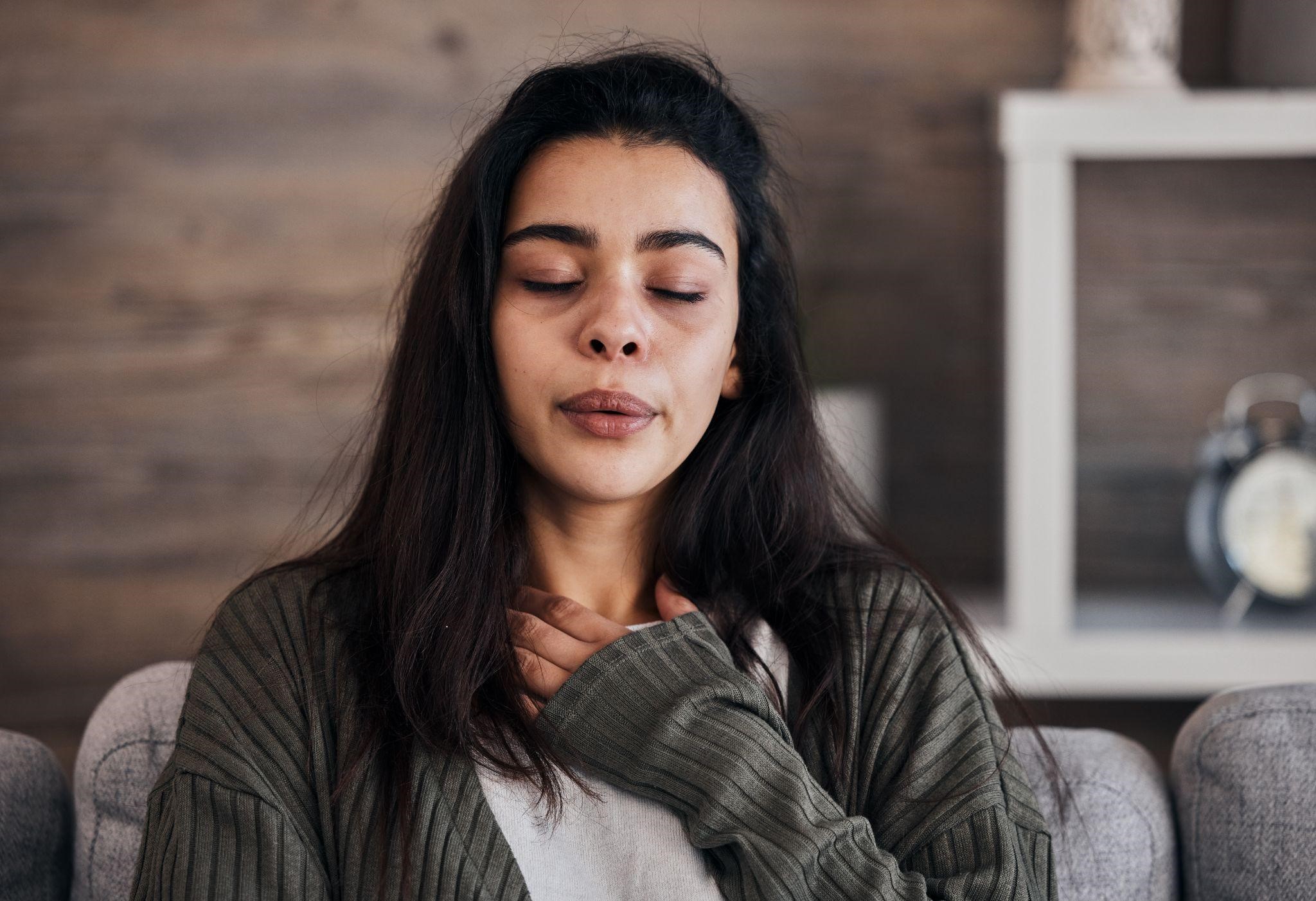
Panic attacks often occur as part of an anxiety condition, though they may happen without an individual experiencing any kind of anxiety. They are a heightened state of stress and anxiety, and many individuals who experience panic attacks can tell you how frightening and uncomfortable it can be to experience one. If you’ve experienced panic attacks before, you’re probably wondering what the best way to recover from this condition is so you can get back to feeling more like yourself.
Below, we give you tips on recovering from a panic attack and controlling your anxiety so you feel less overwhelmed and more in control.
What Are Panic Attacks?
Panic attacks are episodes of sudden, intense fear or anxiety that occur without danger or an apparent cause being present. Panic attacks trigger a variety of unpleasant and disconcerting symptoms that include strong feelings of dread, racing heartbeats, nausea, dizziness, trembling, fear of losing control, and fear of death.
Panic attacks are incredibly uncomfortable to experience, and because they cause so many other physical symptoms, they are often confused with other serious health problems like heart attacks, especially among individuals who have never experienced a panic attack before.
Most panic attacks don’t have tangible triggers, but anxiety disorders, long periods of stress, illness, excessive caffeine intake, and hyperventilation may all cause panic attacks.
Panic Attack Recovery Steps
If you’re having a panic attack, it helps to keep in mind the following recovery steps to pull yourself out of a place of panic and fear. These steps will help combat heightened emotions so you can feel more balanced and approach your anxiety in a more controlled fashion.
- Take a walk or do some light exercise – panic attacks often result in a flood of adrenaline and the ‘fight or flight’ response. Taking a walk or moving around after a panic attack can help to calm you down and alleviate some of these feelings.
- Focused breathing – breathing in slowly through the nose and out through the mouth while counting your breaths can help calm your nervous system.
- Positive self-talk – repeating phrases to yourself such as ‘this will pass’ or ‘I am fine’ can help distract you from the feelings of a panic attack and reinforce your affirmation to recover from your panic attack.
- Distract yourself – panic attacks often get worse when you pay significant attention to them and the symptoms they cause. Distract yourself by coloring, listening to music, watching a favorite TV show or movie, or reading a book as you recover to help you feel more at peace.
If you find that you’re experiencing panic attacks regularly or that you have a hard time recovering from panic attacks, you should contact a mental health professional for advice. Sometimes, it takes a treatment plan and identification of the cause of your panic attacks to recover fully from these experiences and progress towards improved mental health.
Will an Emotional Support Animal Help With Panic Attacks?
Emotional support animals (ESA) are wonderful companion animals that can help with anxiety and panic attacks. These animals differ from service animals in that they aren’t trained to perform specific disability-related tasks for their owners. However, ESAs do help provide comfort and companionship, give their owners a stable routine, and help to lessen the symptoms of anxiety, stress, and depression.
To ensure your ESA stays by your side to help you with your anxiety or panic attacks, make sure you complete emotional support dog registration for your state. This will enable you to take advantage of your federal rights to live with your ESA so they can support you with your mental health condition.
Keeping Your Anxiety Under Control
Anxiety is one of those mental health conditions that many individuals experience, though many people aren’t vocal about their anxiety or the symptoms they might experience because of their mental health condition. In recent years, the stigma surrounding mental health issues and speaking up about issues like anxiety is starting to disappear, and more individuals feel confident seeking help with their anxiety issues.
Panic attacks are common, even among those who don’t typically experience anxiety, but that doesn’t mean you have to experience these without any tools to recover from them. Make sure to use the tips in our guide to keep your anxiety and panic attacks from overwhelming you, and reach out to a licensed mental health provider for additional assistance.



Facebook Comments